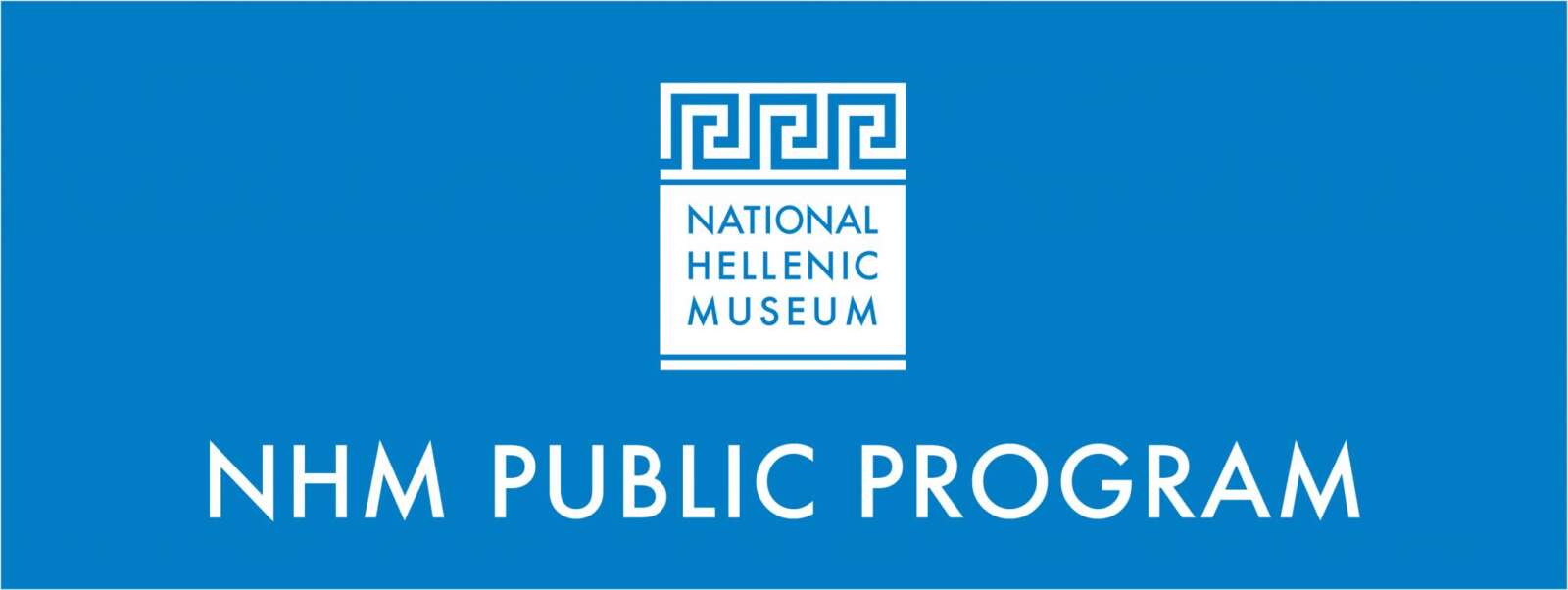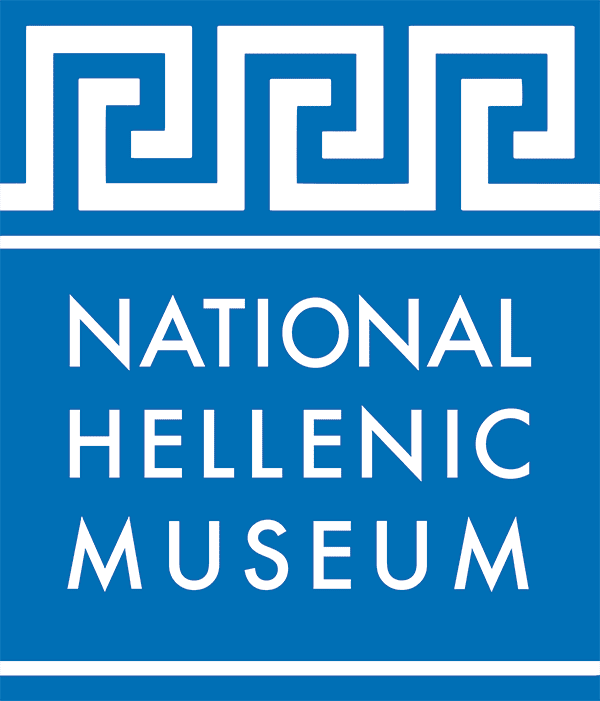
“THE GREEKS OF ASIA MINOR” – A Workshop for Educators
April 20, 2018 from 9:00 AM – 2:30 PM
At the National Hellenic Museum
For further information, or to register – please contact:
Dimitra Georgouses, Education & Public Programs Manager
[email protected] or 312-655-1234 x29
What do Homer, Herodotus, Thales, Strabo, and Diogenes have in common? They all were born, not in what is now modern Greece, but rather in Asia Minor. The ancient Greeks of Asia Minor were crucial to the development of Western poetry, prose, history, medicine, philosophy, and science. Indeed, they were the first great thinkers of antiquity.
Later, Alexander the Great spread Hellenic civilization into Asia Minor. Afterwards, through the Byzantine Empire, Hellenism continued to influence much of the world. In addition, it was in the Hellenistic world, including Asia Minor, where early Christianity took root.
Yet, many teachers do not convey to their students the remarkable Hellenic presence in Asia Minor and the magnificent contributions these Greeks made to the world. Nor do they tell of the horrible ending to the Greek presence in Asia Minor, through a decade of genocide that may have claimed as many as one million Greek lives.
Join the Asia Minor and Pontos Hellenic Research Center (AMPHRC) and the National Hellenic Museum (NHM), as they equip participants to return to the classroom with a deeper knowledge of the remarkable history of the Greeks of Asia Minor. Participants will learn the importance of geography to early Greek civilization, the reason for the spread of Greek cities throughout Asia Minor, contributions of Greek thinkers to world civilization, and the growth of early Christianity in an area of the world once dominated by pagan Greek religion. In addition, participants will gain a greater understanding of the Greek Genocide, including key historical antecedents that led to the atrocities, as well as the aftermath, and the denial that still takes place.
To emphasize the personal dimension of this genocide, Thea Halo will discuss her book, Not Even My Name – the true story of her mother’s struggle to survive the Pontian Greek Genocide. Each workshop participant will receive a complimentary copy of this book, which the New York Times called, “a story of personal strength and the great triumph of mere survival.”
This program is generously supported by the John C. Kulis Charitable Foundation. Participation is free for educators and all participants will receive the following materials:
· Teaching Guide: Hellenism of Asia Minor and Pontos
· Teaching Guide: The Genocide of the Ottoman Greeks: 1914-1923
· Not Even My Name, by Thea Halo
· Other curricular materials
This five hour workshop will award participants 5 CPDU’s. Breakfast and lunch are included.
For further information, or to register – please contact:
Dimitra Georgouses, Education & Public Programs Manager
[email protected] or 312-655-1234 x29

